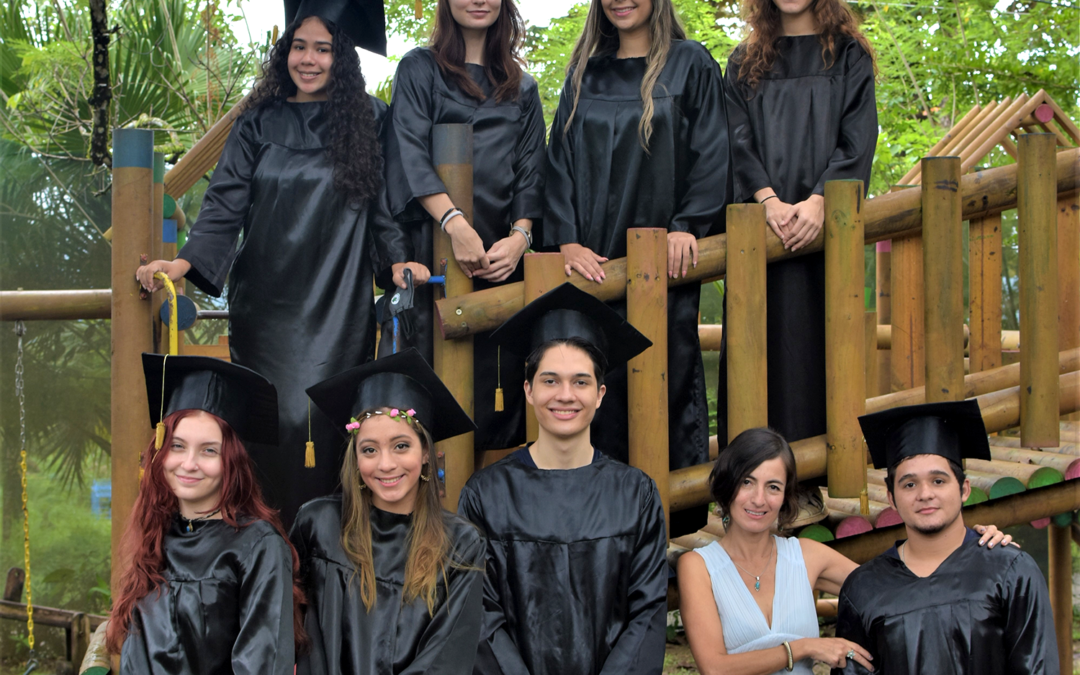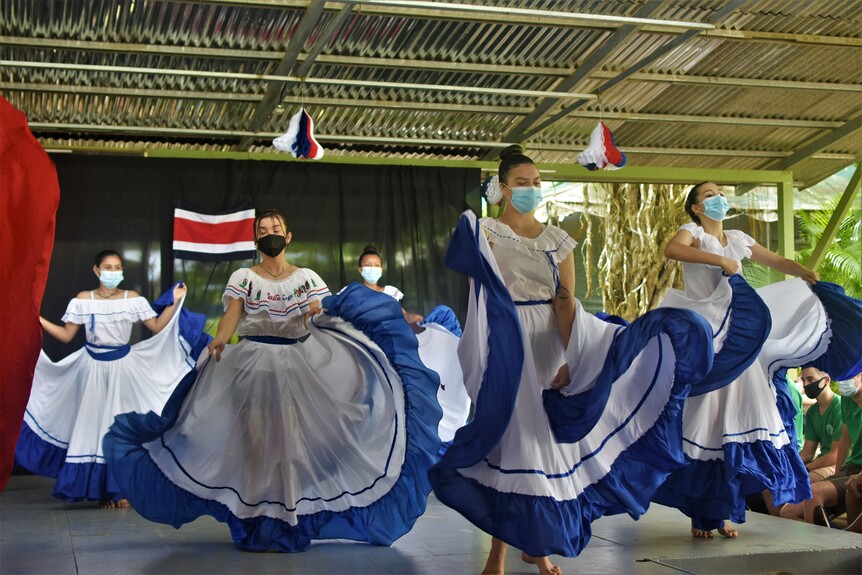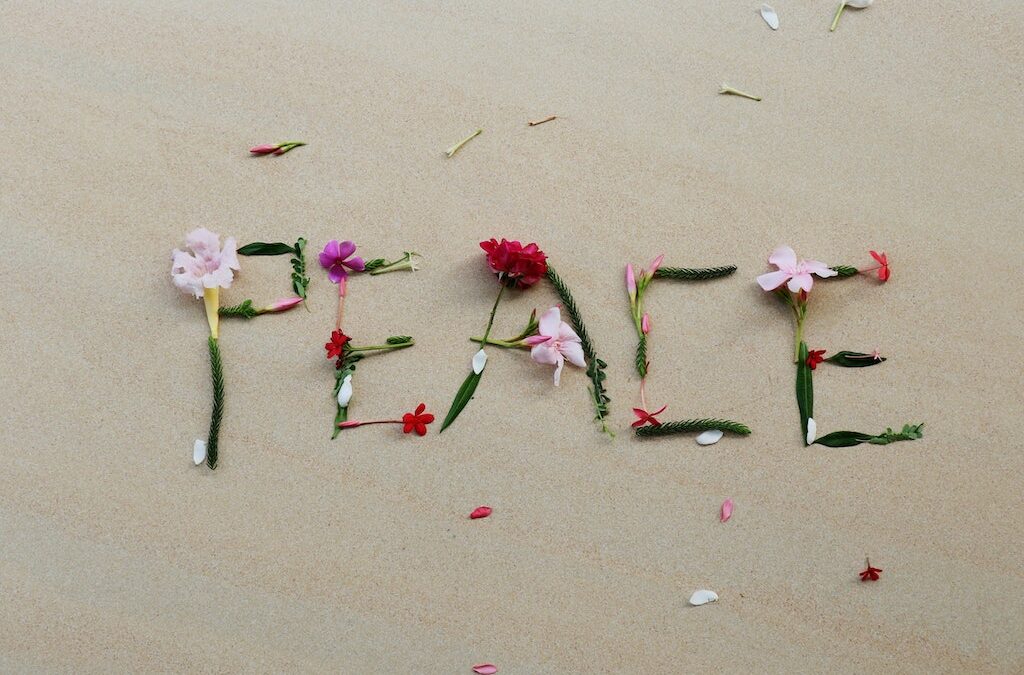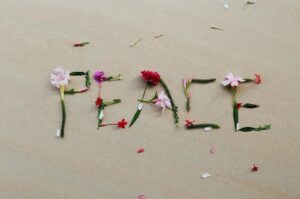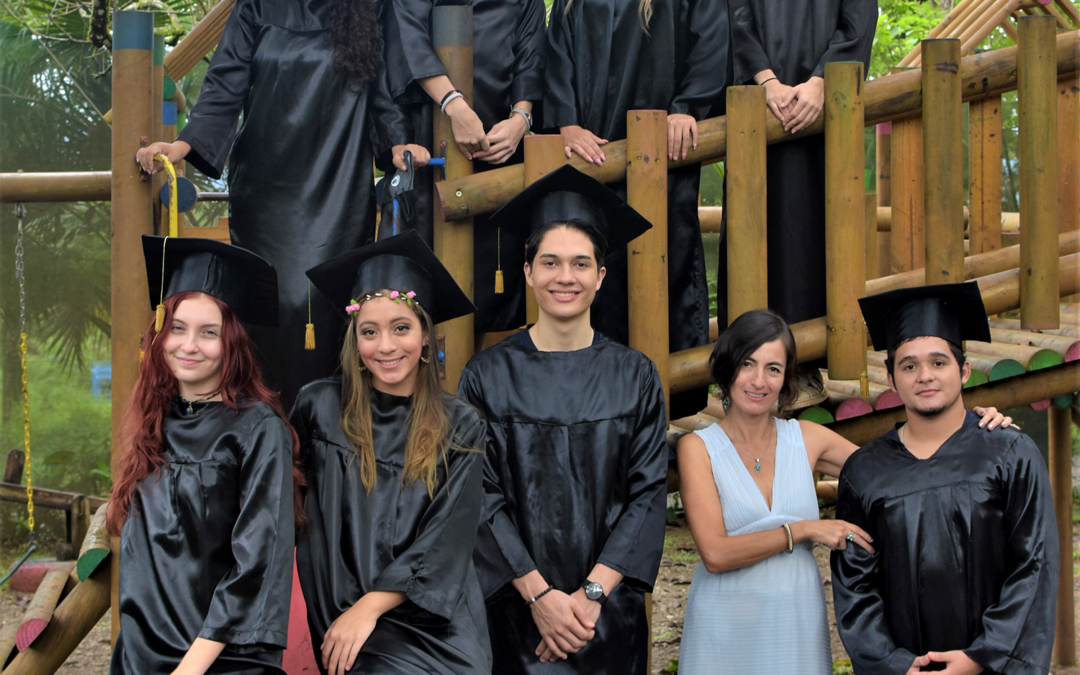
IB Student Attributes
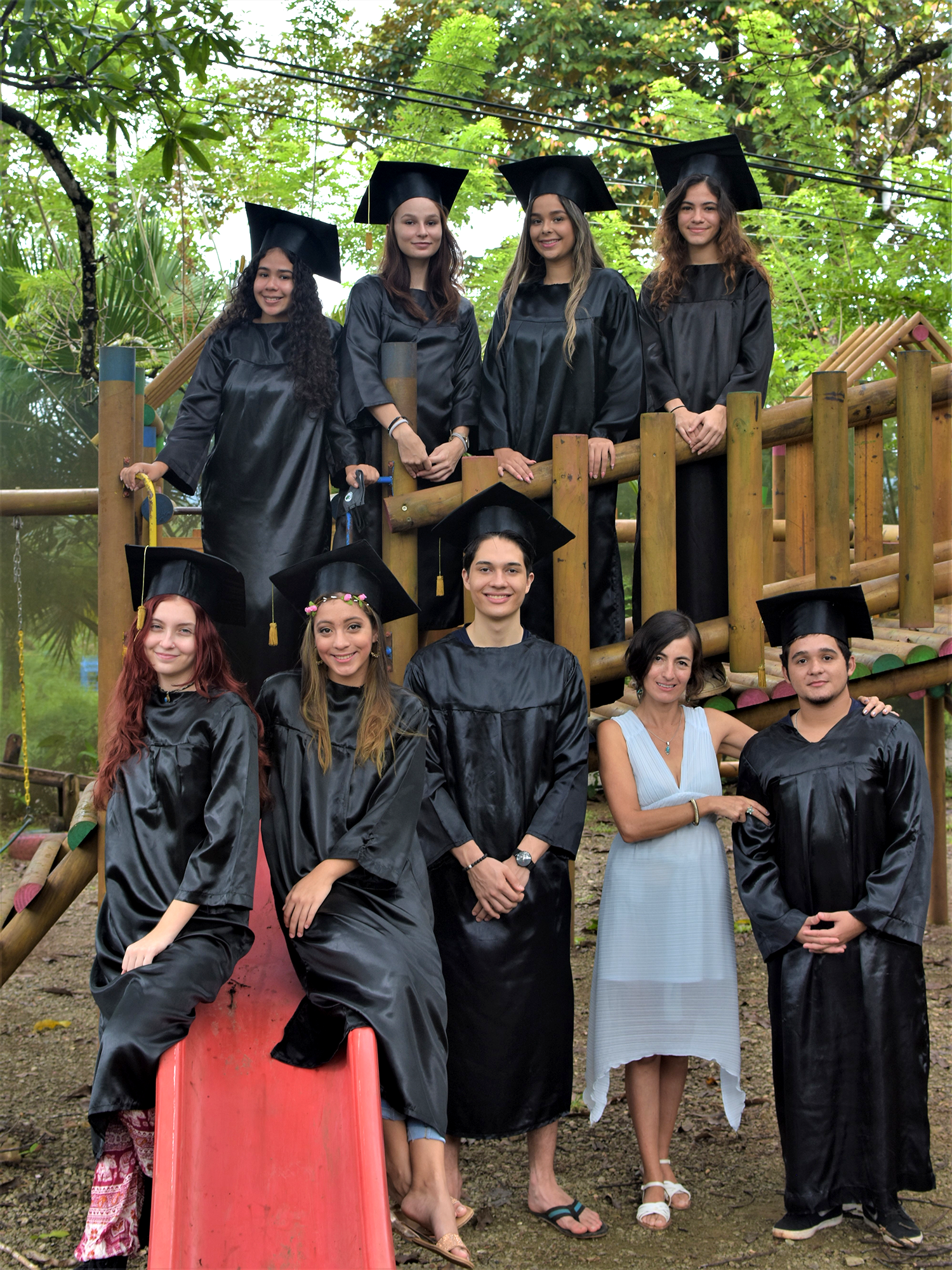
This is because the diploma is obtained not only by passing 6 intensive classes from different academic areas, but also by involving young people in a process of inquiry and continuous personal reflection. For two years students complete courses in which they must stay actively involved in reading and research processes, personal or group projects where they serve their community, as well as the school and themselves, through creativity and physical activity.
In that sense, an IB student must be characterized, initially, by a genuine interest and motivation towards the program. What interests us most is the well-being and academic growth of each one of them, however that progress also depends, to a great extent, on their emotional health. Thus, we prioritize the fact that your participation in the diploma is a personal commitment, as this will keep motivation and commitment alive.
Other attributes that should be considered are, for example, the ability to self-manage, good time management, integrity and responsibility. These qualities, along with academic skills, are essential for a path of success to be built during the program. Therefore, we strive so that our students have great opportunities to gradually develop and prepare these skills during the years prior to the Diploma. We are convinced that this program, and the attributes that young people develop in it, are the keys to a wide range of possibilities for your future.
On my behalf, I feel very satisfied to have the opportunity to accompany them in this process as the coordinator of the program. I hope that both my professional training, as well as my experience working for years at the this school and knowing these young people from a very young age, will be of great help to guide them to answer the doubts and concerns that arise along the way, but also to teach them to trust themselves and celebrate each of their successes!

